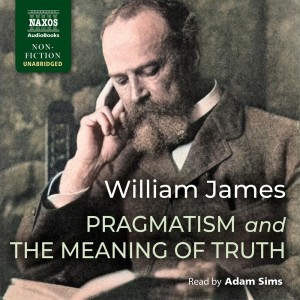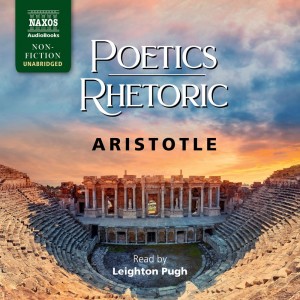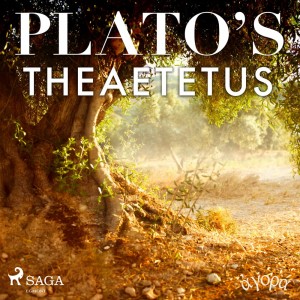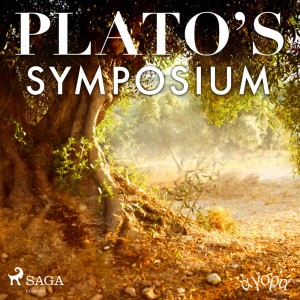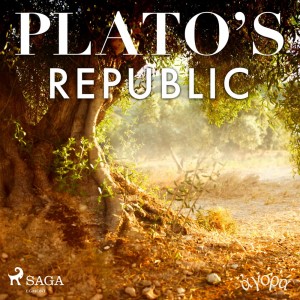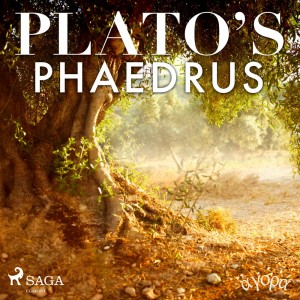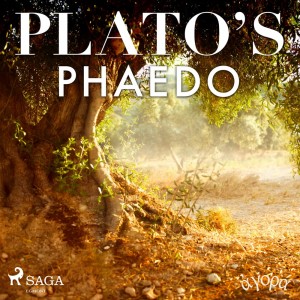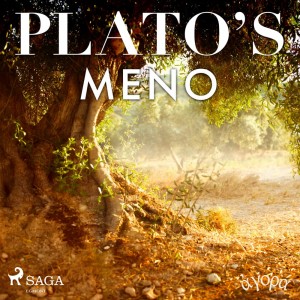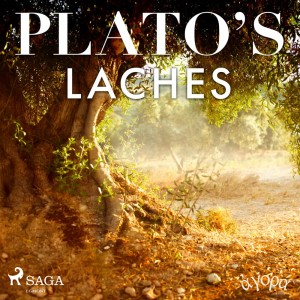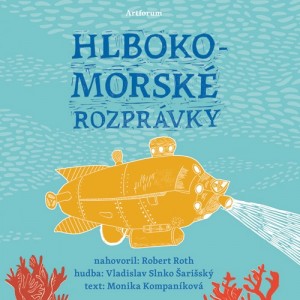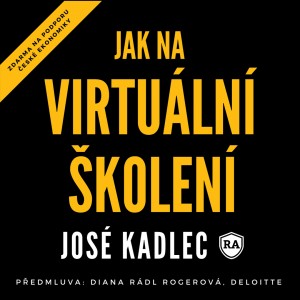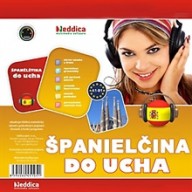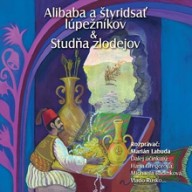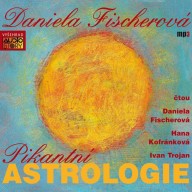-
Kategórie
- Autobiografie a biografie
- Cestopisy
- Cudzie jazyky
- Dejiny a história
- Deti a mládež
- Dobrodružné romány
- Dramatizácie
- Erotika
- Fantasy
- Film, rádio a TV
- Filozofia
- Horory
- Humor, komédia a satira
- Klasika
- Náboženstvo a spiritualita
- Novely a poviedky
- Obchod a marketing
- Osobný rozvoj
- Poézia
- Publicistika
- Romantika
- Rozprávky
- Sci-Fi
- Spoločenská próza
- Šport a zdravie
- Umenie a zábava
- Populárno-náučné
- Thrillery
- Psychológia
- Detektívky
- Young Adult
- Kontakt
Filozofia
Pragmatism and The Meaning of Truth (EN)
Audiobook Pragmatism and The Meaning of Truth written by William James. William James was one of the most influential figures in 19th-century American philosophy and psychology. His Pragmatism is a set of lectures that he gave in 1906–07 in answer to the enduring debate between empiricism and rationalism. Shifting between them, he proposed pragmatism as a method, the idea being that the value of any truth is dependent upon its utility – upon its practical and experiential consequences.26,00 €Poetics/Rhetoric (EN)
The Art of Rhetoric, a guide on the principles behind oratorical skill, is a core text on the art of persuasion. Aristotle contends that rhetoric is one of the key elements of philosophy – along with logic and dialectic. The work consists of three books: the first is a general overview, the second concerns the means of persuasion that an orator must deploy, and the third discusses elements of style and arrangement.22,00 €Pod hvězdami
Kniha Pod hvězdami má podtitul Povídky z pouště a moře. V těchto extrémních krajinách se odehrávají záblesky bajek ze života zvířat, plné lidského snažení, věčného hledání, to vše z výšek pozorované nebeskými světly, chladně a nepovšimnutě.6,92 €Plato’s Theaetetus (EN)
Audiobook Plato’s Theaetetus. Perception, memory, truth, and knowledge all play major roles in this dialogue. What is remarkable about Plato’s treatment of those ideas is how contemporary are both the questions and the answers he puts in the mouths of his characters. Socrates is adamant in asserting that he does not know the answers but that his function is simply to help formulate and critically examine the doctrines presented by others.10,99 €Plato’s Symposium (EN)
Audiobook Plato’s Symposium. The dramatic nature of Plato’s dialogues is delightfully evident in the "Symposium. " The marriage between character and thought bursts forth as the guests gather at Agathon’s house to celebrate the success of his first tragedy. With wit and insight, they each present their ideas about love — from Erixymachus’s scientific naturalism to Aristophanes’ comic fantasy.8,99 €Plato’s Republic (EN)
Audiobook Plato’s Republic. The "Republic" poses questions that endure: What is justice? What form of community fosters the best possible life for human beings? What is the nature and destiny of the soul? What form of education provides the best leaders for a good republic? What are the various forms of poetry and the other arts, which ones should be fostered, and which ones should be discouraged? How does knowing differ from believing? Several characters in the dialogue present a variety of tempting answers to those questions.16,99 €Plato’s Phaedrus (EN)
Audiobook Plato’s Phaedrus. Plato’s dialogues frequently cover several topics and show their connection to each other. The "Phaedrus" is a model of that skill because of its seamless progression from examples of speeches about the nature of love to mythical visions of human nature and destiny to the essence of beauty and, finally, to a penetrating discussion of speaking and writing.8,99 €Plato’s Phaedo (EN)
Audiobook Plato’s Phaedo. Socrates is in prison, sentenced to die when the sun sets. In this final conversation, he asks what will become of him once he drinks the poison prescribed for his execution. Socrates and his friends examine several arguments designed to prove that the soul is immortal. This quest leads him to the broader topic of the nature of mind and its connection not only to human existence but also to the cosmos itself.8,99 €Plato’s Meno (EN)
Audiobook Plato’s Meno. A dialogue between Socrates and Meno probes the subject of ethics. Can goodness be taught? If it can, then we should be able to find teachers capable of instructing others about what is good and bad, right and wrong, or just and unjust. Socrates and Meno are unable to identify teachers of ethics, and we are left wondering how such knowledge could be acquired.5,99 €Plato’s Laches (EN)
Audiobook Plato’s Laches. Laches, a general in the Athenian army, saw Socrates fight bravely in the battle of Delium. When he and Nicias, another general, are asked to explain the idea of courage, they are at a loss and words fail them. How does courage differ from thoughtless and reckless audacity? Can a lion be said to be courageous? What about small children who have little idea of the dangers they face? Should we call people courageous who do not know whether their bravery will produce good or bad consequences? What kind of education and training promotes both courage and goodness in people, whether they are young or old? Plato constantly presents courage as an essential quality for all who seek to live a good life, so what does it mean when even the bravest leaders of Athens cannot tell us what courage really is?.5,99 €



